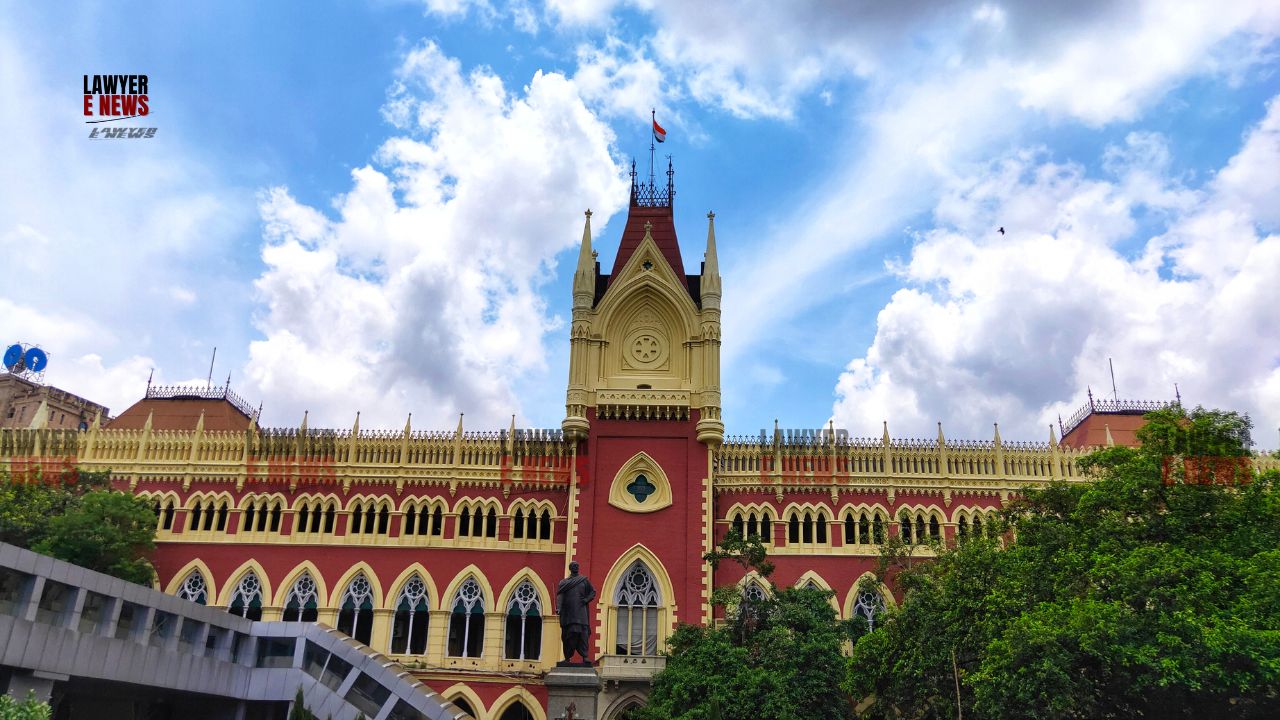-
by Admin
15 February 2026 2:36 AM



The Calcutta High Court, on November 20, 2024, granted bail to Kuntal Ghosh, a petitioner implicated in a high-profile money laundering case under the Prevention of Money Laundering Act, 2002 (PMLA). Justice Suvra Ghosh emphasized the right to speedy trial enshrined under Article 21 of the Constitution, stating that prolonged incarceration without trial amounts to a violation of fundamental rights.
The petitioner had been in custody for 22 months since his arrest on January 21, 2023, following allegations of involvement in the illegal recruitment scam for teaching and non-teaching staff in West Bengal. The Enforcement Directorate (ED) alleged that Ghosh played a pivotal role in collecting over ₹100 crore from candidates in exchange for facilitating illegal appointments in government jobs. The ED’s case linked the petitioner to substantial financial irregularities, citing the seizure of properties, cash deposits, and incriminating electronic evidence.
Ghosh sought bail on the grounds of parity with co-accused Manik Bhattacharya, who was released on bail in a similar case earlier this year. His counsel argued that Ghosh’s prolonged detention without trial, coupled with the slow pace of judicial proceedings due to the complexity of the case—thousands of documents and over 300 witnesses yet to be examined—warranted bail. Ghosh’s counsel further highlighted that he had not been interrogated in the past 18 months, demonstrating the lack of urgency on the part of the investigating agency.
The court considered multiple precedents, including Union of India vs. K.A. Najeeb (2021), which underlined that Article 21 overrides even stringent bail conditions under special statutes. The court also referred to the Bharatiya Nagarik Suraksha Sanhita, 2023 (amended Section 436A of CrPC), which stipulates that first-time offenders detained for more than one-third of the maximum prescribed sentence must be considered for release. The petitioner’s case involved a maximum sentence of seven years, and his detention for nearly two years fell within the purview of this provision.
While the court acknowledged the gravity of economic offenses and their impact on society, it emphasized that the right to life and personal liberty must not be subjugated to statutory restrictions. Justice Ghosh stated that "prolonged incarceration without trial cannot become punishment before conviction," adding that the petitioner’s constitutional rights under Article 21 take precedence.
The court imposed stringent bail conditions to ensure the petitioner’s compliance with legal proceedings. Ghosh was directed to furnish a ₹10,00,000 bond with adequate sureties, surrender his passport, refrain from leaving the trial court’s jurisdiction, and avoid any contact with witnesses or tampering with evidence. The court made it clear that any violation of these conditions would lead to the cancellation of bail.
In its decision, the court clarified that the observations made were limited to the bail application and would not influence the trial’s outcome. The ruling reflects the court’s balanced approach in dealing with economic offenses while upholding constitutional safeguards for undertrials.
This case highlights the intersection of constitutional rights, judicial delays, and statutory restrictions in the context of economic offenses under the PMLA, with the court leaning in favor of individual liberty against prolonged pre-trial detention.
Date of decision: 20/11/2024
